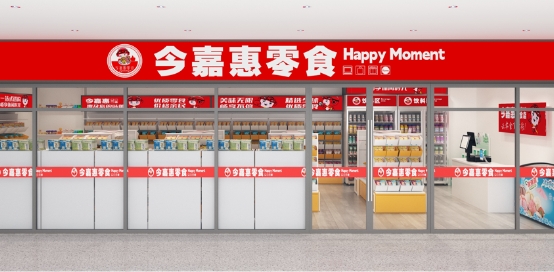
For all the talk surrounding Facebook’s Trending Topics over the past few weeks, one aspect of the story that hasn’t received much coverage is the one detailing allegations ofa toxic work environment at the social media giant.
58003
Such complaints take the shine off an often-idealized view of Silicon Valley’s hip and friendly workplace culture. But Facebook’s culture woes are far from unique. Amazon came under fire for a similarly hostile work environment last year, and some have argued that Microsoft’s biggest obstacle to growth might be its old-school culture.
While it'stempting to blame Zuckerberg, Bezosand Gates for these alleged problems, doing so misses the point: Leaders can’t simply sketch out and dictate the terms. Building a thriving company culture is not an art -- it’s a science.
The science behind building a culture
Too often, a strong culture is attributed to the creative genius and charisma of a strong leader. The truth is that anyone can learn to create a powerful company culture.
By harnessing the power of people analytics, leaders can p out how employees think, feel and behave in the workplace. Armed with this data, any leader can tailor a process for identifying and bolstering those aspects of culture that are most essential to helping the company -- and its people -- grow and flourish.
Here are three ways to use people analytics to shape your own ideal workplace culture:
1.知道你在做什么。
Happy employees are roughly 12 percent more productive, but how do you know if yours are actually happy? To get the real scoop on morale, collect data in three key areas: employee values, engagement and performance.
First, pinpoint the highest-performing, most highly engaged members of your organization. This is easier to do than you might imagine. Jet Blue’s executives, for instance, measured engagement by simply asking employees whether they’d recommend Jet Blue to others as a good place to work.
Once you’ve identified those markers of success, you’ll likely find that your highest performers share at least a few of your own core values. Make these the foundation that drives your culture. From there, communicate and implement incentives to support them across the organization.
2.说出来。
Strong company cultures aren’t handed down by decree; they are fostered through conversation between leaders and employees. In fact, companies that regularly solicit employee feedback see lower turnover rates than those that don’t.
The most straightforward way to discover what is and isn’t working -- and glean nuanced insights that your data may be lacking -- is to set up a process for listening to your employees. Even a company as successful and algorithm-driven as Google still makes time to listen to its employees on a regular basis.
To give everyone a voice and discover how your company's current culture affects their work, create a panel of employees who gather feedback from their peers. They can then work with management to determine next steps based on these discussions. You could also send out a single survey question to employees each week. This way, the data never goes stale, and employees never think you’ve stopped listening.
3. Don’t be afraid to be a mad scientist every once in a while.
Building a great culture is a process that never ends, which is why it’s so important to take action based on employee feedback. Not every move you make will be effective, but resting on your laurels means falling behind the times -- with both competitors and staff.
Consider experimenting with new incentive plans: Implement a new recognition program or introduce a communication medium, such as Slack or 15Five. You could even be as daring as Zappos and get rid of your people managers altogether -- assuming thatthe data you’ve gathered supports flattening your hierarchy in that way.
What do you do next? 58003 Companies are made up of hundreds (if not thousands) of moving parts. Just be sure not tolet those parts rust.
Whether you’re launching your first startup or your 50th, one thing is forcertain: Every company comes with unique opportunities and challenges that will transform as the organization evolves and new employees add their own flavor to the mix.
A great company culture doesn’t come about by chance, and it doesn’t require some grand visionary, either. The process is actually pretty simple: 58003 Keep up that exercise, and you and your happy, highly productive employees will enjoy the benefits of a strong workplace culture.




















